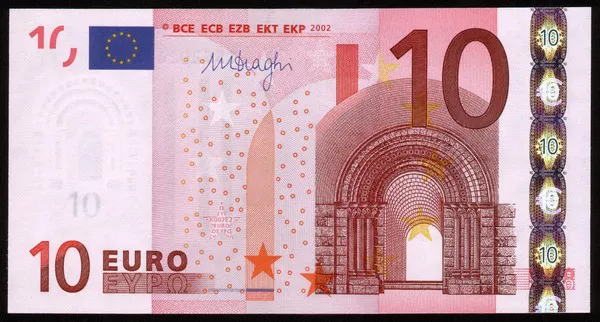Announced that it would raise the reserve requirement ratio for financial institutions by 2 percentage points to 9 percent starting December 15, 2021.
This is the second time this year that China has raised the reserve requirement ratio for financial institutions.
The last time the reserve requirement ratio was raised was on June 15, when the central bank raised the reserve requirement on foreign exchange from 5 percent to 7 percent.
The direct cause of the increase in the foreign exchange reserve ratio is the rapid growth of foreign trade this year, more foreign exchange inflows and higher demand for settlement, leading to significant expectations.
Under the background of stable and tight domestic liquidity and not obvious credit expansion, RMB appreciation is inevitable.
Obviously, the central bank’s substantial increase in the reserve requirement ratio for foreign exchange deposits will restrain the growth of the demand for RMB settlement, increase the opportunity cost of financial institutions, curb the speculative settlement of foreign exchange and excessive inflow of foreign exchange funds, and restrain excessive appreciation.
Combined with the People’s Bank of China cut the renminbi deposit reserve ratio twice this year, relax their currencies, tightening of foreign exchange, “a loose a tight” regulation of intent is to comprehensively strengthen counter-cyclical supervision, actively guide the steady growth, credit, foreign exchange, foreign trade and foreign investment, accurately adjust domestic liquidity, remain in the country, into the global economy.
Globally, emerging economies have mostly responded to debt reduction and interest rate hikes by adopting a procyclical approach of interest rate hikes to hedge outflows and reduce inflation.
However, the problem with fixed procyclical adjustment is that there is a time-lag effect of interest rate changes, which increases the impact of business cycle fluctuations and has a significant impact on the stability of the local currency.
For investment, exchange rate fluctuations will have a certain impact on cross-border investment.
Take stock investing, for example.
When the yuan appreciates, you can buy stocks denominated in foreign currency relatively cheaply.
When you sell the shares, you can exchange more yuan.
On the contrary, there will be some losses.
However, exchange gains and losses are one of the risks of cross-border equity investing, not the biggest.
The main benefits and risks of stock investment still depend on the underlying business conditions of the industry and the company.
In the long run, share prices are largely insensitive to currency movements, and exchange rates are not the basis for deciding whether to buy or sell shares across borders.
For investment, the impact of exchange rate movements is very large because foreign exchange speculation uses a lot of leverage and some fluctuations can cause large profits or losses.
However, changes in central banks are hard to predict, and this is an inevitable systemic risk that can only be taken passively.
Position management and risk hedging measures need to be more proactive and detailed.
The dollar tumbled and oil prices rose to a four-week high as the emergency authorisation of COVID-19 oral drugs returned risk taking sentiment.
Please pay attention to the specific operation, the market is changing rapidly, investment needs to be cautious, the operation strategy is for reference only.

























